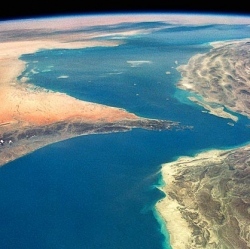
Construction of the ISS began in 1998 and is a joint venture between the US, Russia, Canada, Japan, and states in the European Space Agency (Esa). These partners will have to support any extension for it to be implemented. Current commitments run to 2020, but many engineers believe the station could work safely until at least 2028.
Bill Gerstenmaier, the associate administrator at Nasa with responsibility for the station, told reporters: "I think the idea is that 10 years from today is a pretty far-reaching, pretty strategic decision.
And he added: "We have talked to the partners about this… They were involved in all the hardware studies. In general, they see this as a positive step moving forward."
Certainly, Germany, Europe’s biggest contributor to the ISS project is keen to see the $100bn orbiting platform operate for many years into the future.
Jan Woerner, the chairman of the German space agency (DLR), said: "Germany is eager to use the ISS until 2020 and beyond. Full stop. This is the German position and we hope the other [European] member states will make the commitment and give the money for that."
Prof Woerner was speaking in Washington DC where his national agency and Esa announced technical tie-ups with the Sierra Nevada Corporation (SNC), which is developing a mini-space shuttle to carry astronauts to and from the ISS.
